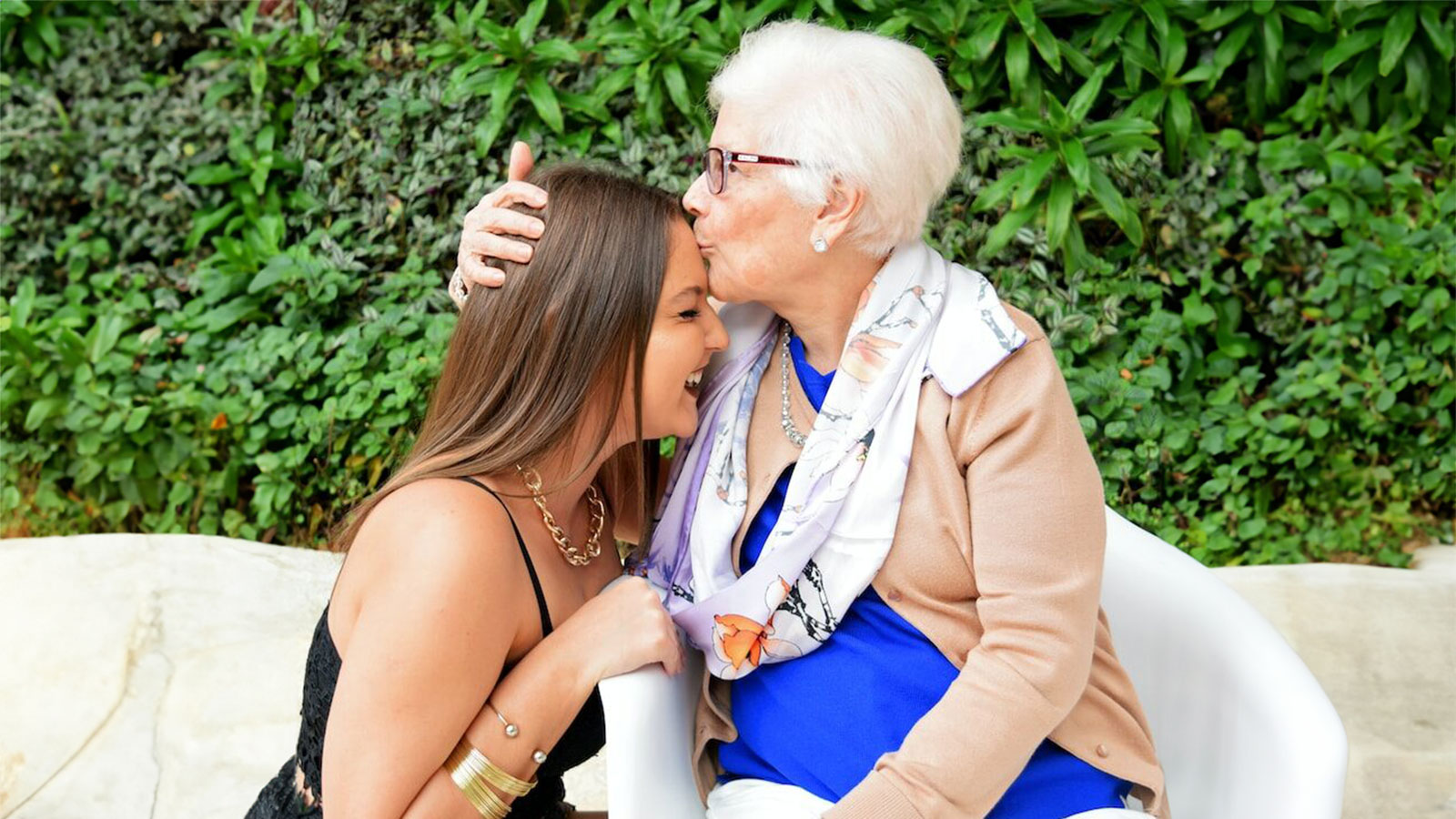One of my favorite stories in the Bible is of a woman found in the act of adultery, who was brought before Jesus. It is a beautiful story of forgiveness and mercy when guilty of sin. Here is the account in John 8:3-9:
“The scribes and the Pharisees brought a woman caught in adultery, and having set her in the center of the court, they said to him, ‘Teacher, this woman has been caught in adultery, in the very act. Now in the Law Moses commanded us to stone such women; what then do you say?’ They were saying this, testing him, so that they might have grounds for accusing him. But Jesus stooped down and with his finger wrote on the ground. But when they persisted in asking him, he straightened up, and said to them, ‘He who is without sin among you, let him be the first to throw a stone at her.’
Again he stooped down and wrote on the ground. When they heard it, they began to go out one by one, beginning with the older ones, and he was left alone, and the woman, where she was, in the center of the court.”
The woman was used by the men for the purpose of trapping Jesus. If Jesus said, “Let her go,” then he would break Mosaic Law. If he said, “Execute her for the crime of adultery,” then Jesus would seem harsh and could be accused of breaking Roman law, which said people couldn’t be executed for religious offenses.
Jesus never denied the adulterous woman had sinned and from this account, the woman never denied it either, but still he offered forgiveness.
He never denied the penalty the law required or the Pharisees’right to carry out the judgment. What he did was force the accusers to acknowledge that they themselves were sinners. By Jewish law, witnesses to a capital offense were the ones who began the stoning so when Jesus said, “He who is without sin among you, let him be the first to throw a stone at her,”he was really saying “If we’re going to execute her, let’s do it right. You claim to be witnesses so you must have a hand in her execution. So who is going to throw the first stone and can do so without having sinned yourself?” Caught in the trap themselves, the men left rather than expose their own guilt.
If the story ended there it would still be a good lesson for us. But the beauty continues in verses 10-11:
“Straightening up, Jesus said to her, ‘Woman, where are they? Did no one condemn you?’ She said, ‘No one, Lord.’ And Jesus said, ‘I do not condemn you, either. Go. From now on sin no more.’
We aren’t told what happened after that but I have to imagine the woman changed her ways after being shown such mercy and forgiveness. I can also imagine that her life afterwards wasn’t easy – just like our lives aren’t easy after we sin. Sin has consequences, and other people may try to gossip or hurt us because of our past.
We may even struggle with moments of self-condemnation despite the forgiveness we receive. Sometimes we allow others to remind us of past mistakes. Sometimes we wake up every morning and berate ourselves out of shame. But mostly it is our enemy, Satan, who continually whispers in our ear everything we’ve done wrong, telling us we are guilty, beyond forgiveness, beyond the reach of the mercy and grace of the Savior, beyond redemption, beyond hope. But in the shadow of the cross such accusations lose their power. Like the woman brought before Jesus, we will find our accusers have left empty-handed with no evidence against us.
As we confess our sins and turn them over to Jesus, they no longer define who we are as a new person in him (2 Corinthians 5:17).
Romans 8:1-2 says: “There is therefore now no condemnation for those who are in Christ Jesus. For the law of the Spirit of life has set you free in Christ Jesus from the law of sin and death.”(ESV) Jesus promises forgiveness when we confess what we’ve done wrong (1 John 1:9) and he not only forgives but that the sin is removed and forgotten (Psalm 103:11-13).
Those are powerful promises. For both the woman in adultery and for us today, our past mistakes fall away as Jesus whispers in our ears, “neither do I condemn you.”
Read an earlier post by Cindy here.
Related Articles

What the Bible Says About Honoring Your Parents: Five Truths We Learn from the Fifth Commandment

What Does Worship Mean in the Bible

What Role Does Humility Play in Obedience? Learning from the Life of Saul/Paul

The Way to New Life

The Gift of God’s Faithfulness


